The difference between pre-ground coffee powder and fresh grinding! It might be better to pre-grind coffee powder?
Professional coffee knowledge exchange More coffee bean information Please pay attention to coffee workshop (Weixin Official Accounts cafe_style)
When you touch fine coffee, you must hear some golden rules, one of which is "always use freshly ground coffee powder, not pre-ground coffee powder," but is the iron rule necessarily true?
Let's see what's the difference between pre-ground coffee and freshly ground coffee.
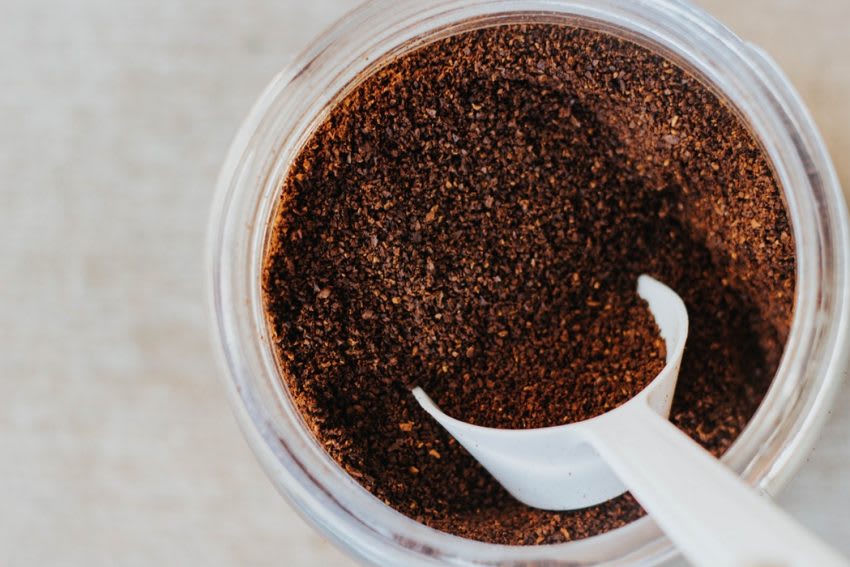
Reasons to avoid pre-ground powder
Why grind coffee anyway? The goal is to increase the surface area of the ripe coffee beans to facilitate extraction of better flavor and aroma from coffee. If we throw the whole coffee bean into water, it will only make a liquid that is as light as water and lacks aroma.
Grinding means that coffee powder is exposed to water to a greater extent, which allows the substances in coffee to dissolve quickly in water, thus achieving the purpose of extraction. Understanding the basis of extraction, you can know the advantages and disadvantages of grinding coffee powder in advance.
When coffee is ground, it increases its surface area significantly, exposing it to air.
Coffee that is exposed to oxygen will vent, meaning that coffee will release gases from the roasting process, and venting is important to avoid insufficient coffee extraction and bubbles. Grinding accelerates exhaust. The longer coffee is ground and exposed to air, the more flavor and aroma it loses. When all the gas is removed from the coffee powder, the brewed coffee will be very bland and tasteless.
Similarly, coffee powder is more susceptible to moisture, which affects the fat and flavor of coffee when the beans are wet. Surface area is also responsible for the faster loss of flavor in fine ground coffee than in coarse ground coffee.
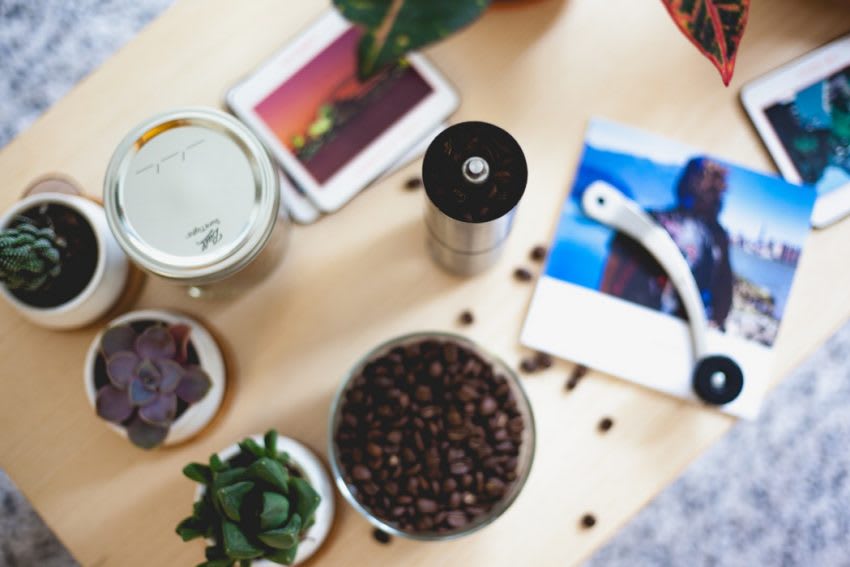
If coffee is ground and exposed to air, it loses much of its flavor and aroma.
Coffee that loses fat and aroma is not good to drink, which is why pre-ground powders are rated poorly. Why take a good roasted coffee bean and let it grind first and expose it to the air, wasting its flavor?
Ken Selby, winner of the 2018 US Cup Test, said: "When you use pre-ground powder compared to freshly ground powder, you will find that the coffee aroma and acid richness will be very poor."
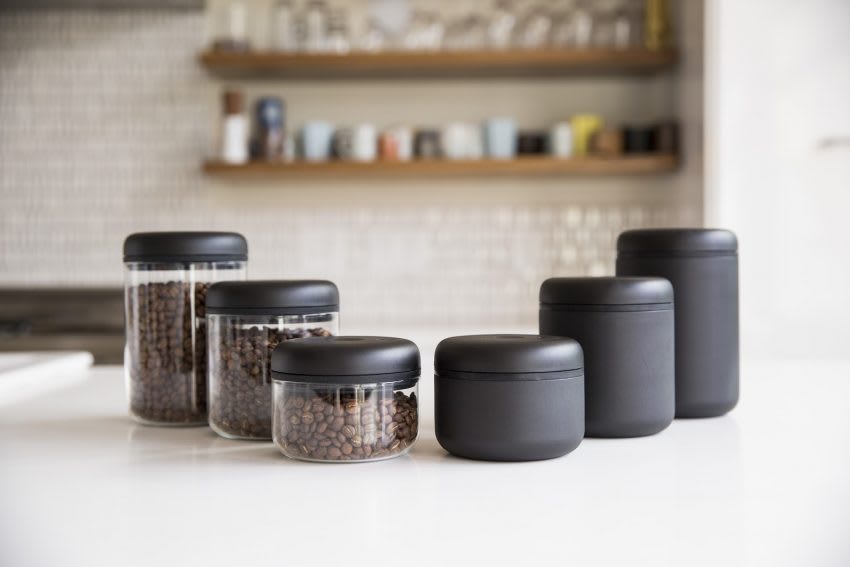
Sealed coffee beans.
Can you keep the powder fresh?
Is there a way to stop coffee flavor decay? Not really. But there are ways we can slow down the decline.
The same advice for preserving coffee beans applies to preserving ground coffee. One of the most important keys is to minimize contact with external environmental variables, including oxygen, high temperature, light, etc.
Ken says the best way to preserve ground coffee is to place it in a vacuum, airtight, light-tight container. Avoid placing in the refrigerator, as extreme temperature and humidity changes are not conducive to maintaining coffee flavor.
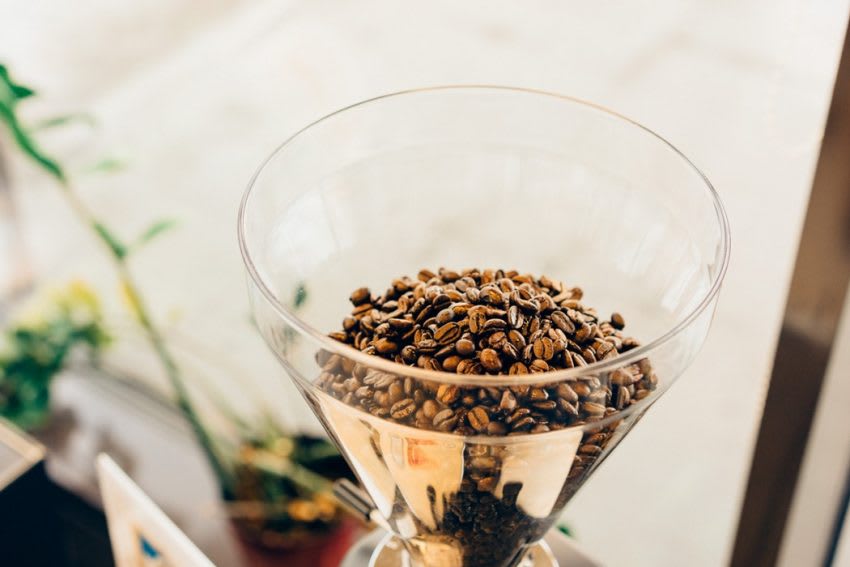
Is freshly ground powder always good?
Minimizing flavor decay is one thing, but is fresh ground always good for every cup of coffee? Usually good, but not appropriate for every situation.
When we grind coffee beans, we turn them into aromatic particles, but if we use a blade grinder or a poor quality grinder, we will get inconsistent grinding results, resulting in many different sizes and shapes of coffee powder.
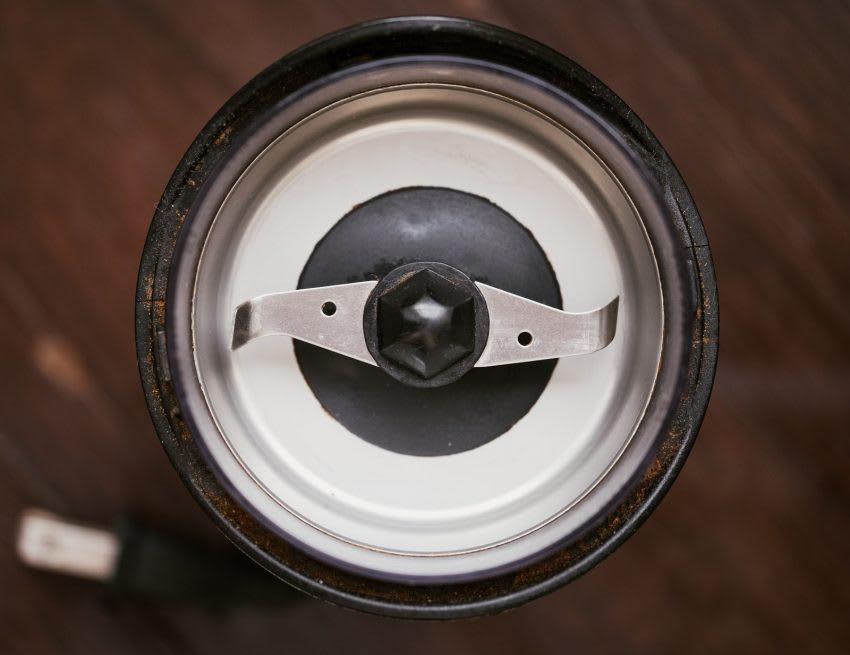
Inconsistent coffee powder leads to inconsistent extraction. Now, let's look at extraction. The substances in coffee beans dissolve into water at different rates, first extracting acids, then sweetness, and finally bitterness. When you brew, you want a cup of coffee with balanced flavors.
Brewing with consistent ground coffee powder, you can expect coffee powder to be extracted in the same state, which allows you to more effectively grasp the flavor and aroma.
When brewing coffee powder with inconsistent grinding, some powder extraction speed will be faster, resulting in over-extraction problems. It's almost impossible to master the brewing results, much less reproduce a good cup of coffee with these random size powders.
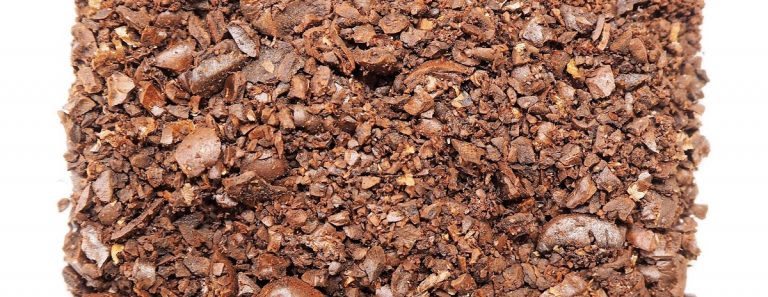
Uneven ground coffee
Poor quality bean grinders also tend to produce fine powders, which can lead to rapid extraction, resulting in bitter over-extraction. It may also grind out coarse coffee powder, resulting in insufficient extraction to produce sour smell.
Alex Choppin, a technical specialist at grinder cutter maker Baratza, says having a reliable grinder is key to making a good cup of coffee. First, good quality coffee, followed by a grinder that grinds the coffee to the right quality.
If you're looking for ways to enhance the flavor of your coffee, check your grinder first. Is the powder stable enough? If you can't grind stably, you can't replace the machine, you can separate these uneven particles through the screen.
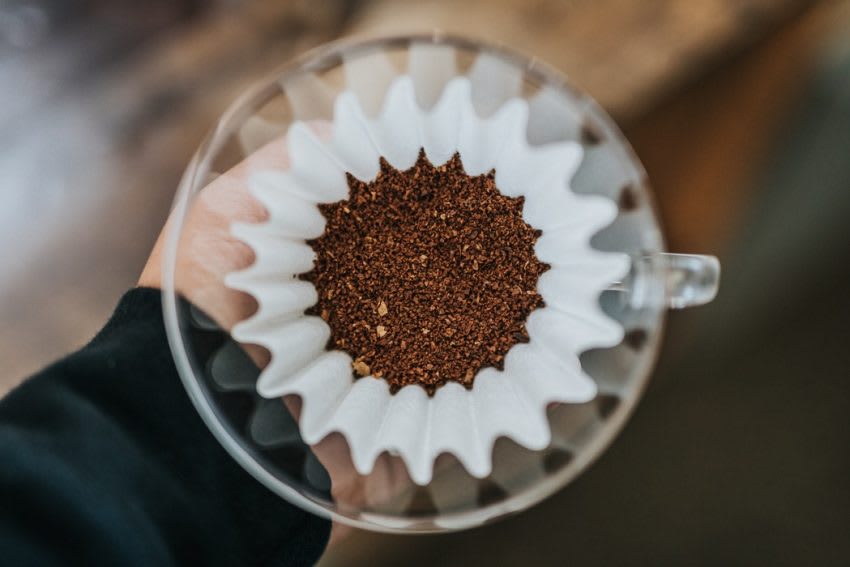
Stabilized ground coffee powder helps brew good coffee
When pre-ground coffee can be better
When you can't grind with a good grinder, it may be better to use pre-ground flour. A shop near your home or company may have a very good quality bean grinder. You may want to consider buying beans from that shop and asking the shop to grind them for you.
If you buy small amounts at a time and store them well, you may even make coffee that tastes better than your own freshly brewed coffee.
Alex compares "week-old ground powder" to "freshly ground powder using a cheap blade grinder," and the result is that coffee brewed from pre-ground powder tastes better.
"This was a surprise to me, as I was convinced that even freshly ground flour using a poor-quality grinder could outperform the flavor of pre-ground flour. But the flavor of these pre-grinders is still maintained well. In my past experience, pre-ground coffee either has a completely degraded flavor or is inferior to what comes out of a blade grinder."
When you don't have a good grinder, it may be better to use pre-ground flour.
It may sound counterintuitive, but I tend to prefer "flour pre-ground with a good grinder" over "flour freshly ground with a blade grinder."
But remember that the finer the grind, the faster the decay, if you want to pre-grind coffee powder and storage, choose coarse grind will be a better choice.
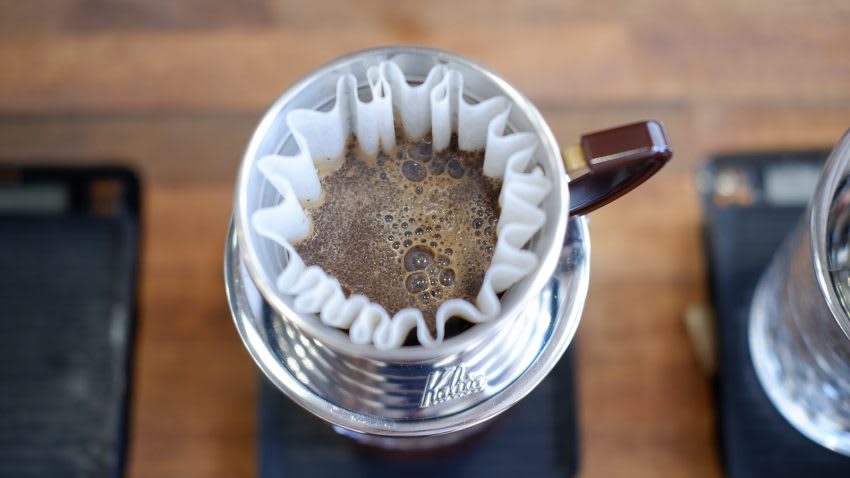
Freshly ground coffee may sound better than preground coffee, but only if the same grade of grinder is used. If you don't have a good grinder, it's best to ask the store to grind it for you.
You can compare the flavor of two cups of coffee yourself, one freshly ground and one preground, and you may be surprised at the difference.
Source: Perfect Daily Grind
END
Important Notice :
前街咖啡 FrontStreet Coffee has moved to new addredd:
FrontStreet Coffee Address: 315,Donghua East Road,GuangZhou
Tel:020 38364473
- Prev
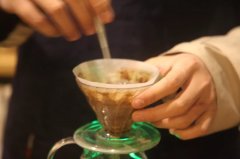
What are the skills of making coffee by hand? How to make a good cup of coffee?
Professional coffee knowledge exchange more coffee bean information please follow the coffee workshop (Wechat official account cafe_style) Let's talk about hand-made coffee today ~ many fans have been struggling with coffee from the very beginning, why don't they make it so good? Where should I start? In fact, there are signs to follow in the study of hand-made coffee, and most people do not have the guidance of a teacher.
- Next

[coffee shop photography] how to take ins coffee photos that don't show up?
Professional coffee knowledge exchange more coffee bean information please follow the coffee workshop (Wechat official account cafe_style) like coffee? Do you like taking pictures? I want to clock in when I go to an online celebrity store, but how can I take a picture without a suitable post? You are annoyed about how to take a coffee photo. Want to put a good-looking coffee photo on moments for people to praise, but have no clue? The editor told me
Related
- What is the meaning of lactic acid fermentation with coffee bean treatment?
- How to judge the state of foam by sound?
- How does the latte pull out the unicorn pattern? Come to get for a little trick to improve the flower pull!
- Will flower pulling affect the taste of the latte?
- Do you know the history of coffee?
- The difference between honey treatment and sun washing what is raisin honey treatment?
- What kind of milk can a novice use to make coffee foam to keep the foam longer? The correct method and skills of milking tutorial sharing
- Why do washed coffee beans taste sour? Flavor characteristics of washed Coffee
- Introduction to the skill of how to practice the size and height of water injection around the circle of hand-brewed coffee
- How do beginners practice coffee flower drawing from scratch?

